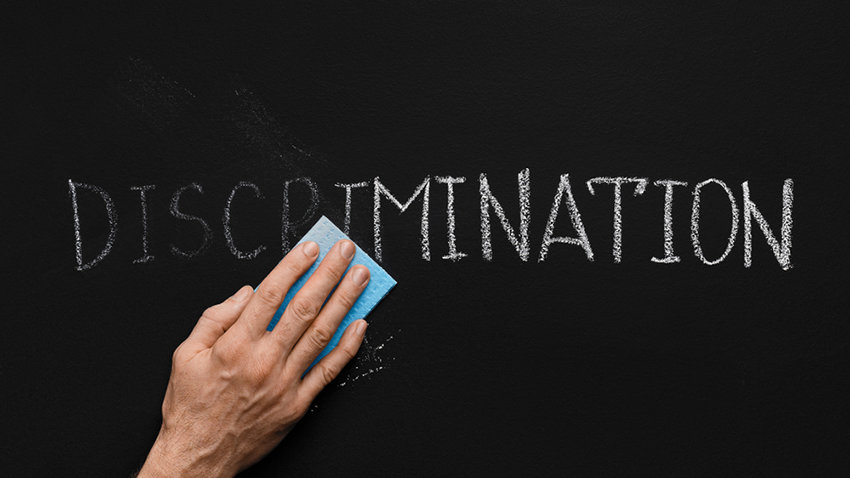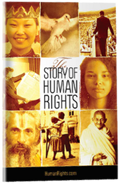Human Rights Without Distinction

Article 2 of the United Nations Universal Declaration of Human Rights (UDHR) reads: “Everyone is entitled to all the rights and freedoms set forth in this Declaration, without distinction of any kind, such as race, colour, sex, language, religion, political or other opinion, national or social origin, property, birth or other status.”
But what is discrimination?
Discrimination is the act of treating a person or group differently from other people or groups in an unfair way because of their category. The individual is not considered based on merit but through some bias. Young people typically experience discrimination in the form of bullying. The reasons vary but can include their physical appearance, their race, ethnicity, gender, disability, religion or sexual orientation.
It is a terrible experience that no one should have to endure and violates Article 2 of the UDHR. Statistics show discrimination is widespread in many areas:
- In the United States, 1 in 5 students experience some form of bullying in school.
- Around the globe, women earn on average 20 percent less than men.
- 1 in 3 women internationally have suffered physical or sexual abuse.
- African Americans are two times more likely to be unemployed than whites. Once employed, African Americans earn about 25 percent less than their white counterparts.
- In 2020, over 11,000 people were victims of hate crimes in the United States.
- 1.8 million cases of discrimination and bias in the workplace have been filed since 1997 in the United States.
These are only some of the many violations of Article 2 of the UDHR that occur every day. So what can you do?
You can practice eliminating discrimination and promoting this human right in your daily life by addressing the person in front of you, not through some false bias. For example, file the appropriate reports if you have personally experienced discrimination or observed it in your workplace or groups. If you are a student being bullied, immediately tell an adult such as a parent, teacher or counselor. Help your classmates if you see them being bullied. And most importantly, learn about all your 30 human rights on humanrights.com/course.
As Eleanor Roosevelt said, “Where, after all, do universal human rights begin? In small places, close to home—so close and so small that they cannot be seen on any maps of the world. Yet they are the world of the individual person; the neighborhood he lives in; the school or college he attends; the factory, farm, or office where he works. Such are the places where every man, woman, and child seeks equal justice, equal opportunity, equal dignity without discrimination. Unless these rights have meaning there, they have little meaning anywhere.”

